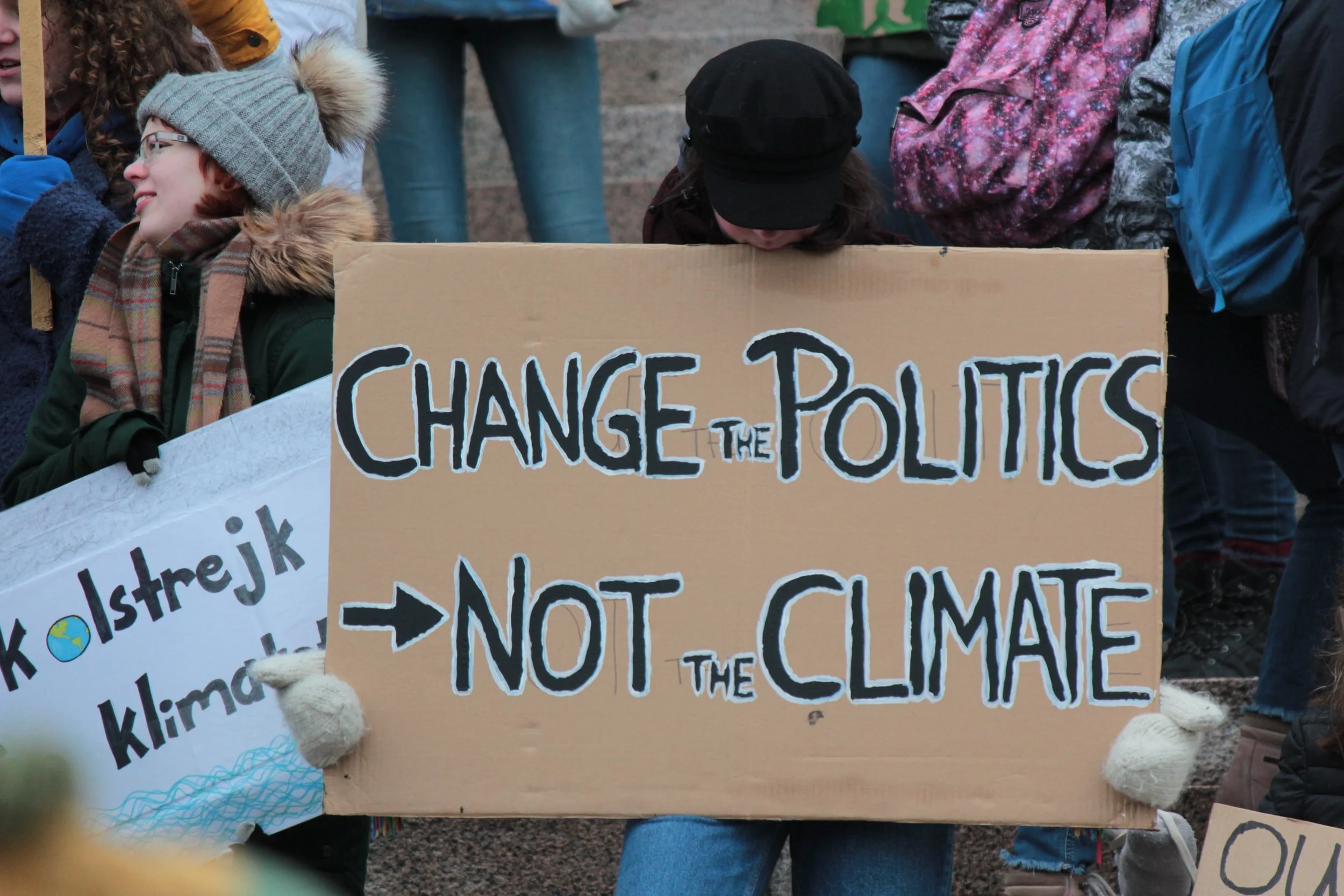Not only are rural households predominately reliant on agriculture and thus highly vulnerable to climate change, but due to a lack of support financially both nationally and internationally, they are forced to spend their own limited resources on preparing and responding to climate disasters. In the face of all this, the recently concluded preparatory climate talks for COP27 in Egypt in November, saw wealthy high emitting nations side-step previous promises and obligations to address the loss and damage the climate crisis is inflicting on the Global South. Once again, promises made, but not kept, and one need only look to the present floods in Bangladesh and so many more disasters to see the inherent injustice in this.
Sustainability, Even in Refuge
Eighty-five percent of the world's refugees are hosted by the world’s poorest countries. More often than not when they escape from a dire situation, they find refuge in a place with fewer resources than where they fled. Because of this, it largely falls on the refugees themselves to sustainably develop their communities. In many places, despite the hardships, they are doing just that.
Latest IPCC Report Concludes What Many Countries Have Known for Decades
The report is straightforward about the effects of ‘human-induced’ climate change, but lost in the amplification, as well as the media coverage of the stark warnings is the clear connection of climate change to the burning of fossil fuels by a much smaller group of ‘humans’ who hold particular responsibility for the present climate crisis.
Rohingya Displaced Pay Heaviest Price in Slowed Pandemic Response and Climate Crisis
As has been our advocacy message about climate displacement risks, refugees are amongst the most vulnerable of the frontline communities to climate shocks and risks, spending year after year exposed to extreme rains and cyclones in Bangladesh with no access to storm shelters. The Covid-19 pandemic response proves no different.
Latest Bangladeshi Floods Impact Millions - Yes, Let’s Talk about the Injustice
Government estimates and satellite data reveal as much as 24 to 37 percent of the country is submerged, a million homes impacted, 4.7 million people affected and 54 people have died, mostly children, in rains that are expected to continue through the middle of August.
The NY Times reports it’s too soon to know what role climate change plays but Bangladesh has already seen a pattern of more severe and frequent floods stemming from the Brahmaputra River, and scientists expect things to only get worse in the years ahead.
It’s a tale of suffering we see too often in the media, but this time, it’s so heartening to note the welcome emphasis on responsibility and justice:
“This is one of the most striking inequities of the modern era. Those who are least responsible for polluting Earth’s atmosphere are among those most hurt by its consequences. The average American is responsible for 33 times more planet-warming carbon dioxide than the average Bangladeshi.”
From Vanuatu sinking into the Pacific and drought in the Horn of Africa, inequity is the focus, when taking into account the world’s richest 10 percent are responsible for 40 percent of the global environmental damage, while the poorest 10 percent account for less than 5 percent. (NY Times)
Inequity is exactly the point and framing this as a justice issue needs to be front and center in the conversation, just as we say in our PERSPECTIVES Feature below:
Bangladesh Opening ‘Climate Refugee’ Complex for 4,500 Families
In what is being billed the world’s largest climate refugee housing scheme, 20 new housing blocks opened last Thursday and will house 650 families in the initial phase, with more under construction.
Many of the new residents are from the Bay of Bengal island of Kutubdia, which is now 40% underwater. One of the first recipients was Jobadia Begum, who lost several family members during the country’s devastating 1991 cyclone that destroyed much of the island and killed 138,000 people.
Many of those displaced in that cyclone have since been living in a slum housing 40,000 outside of Cox’s Bazar airport, which is also vulnerable to flooding during high tide. (AFP)








